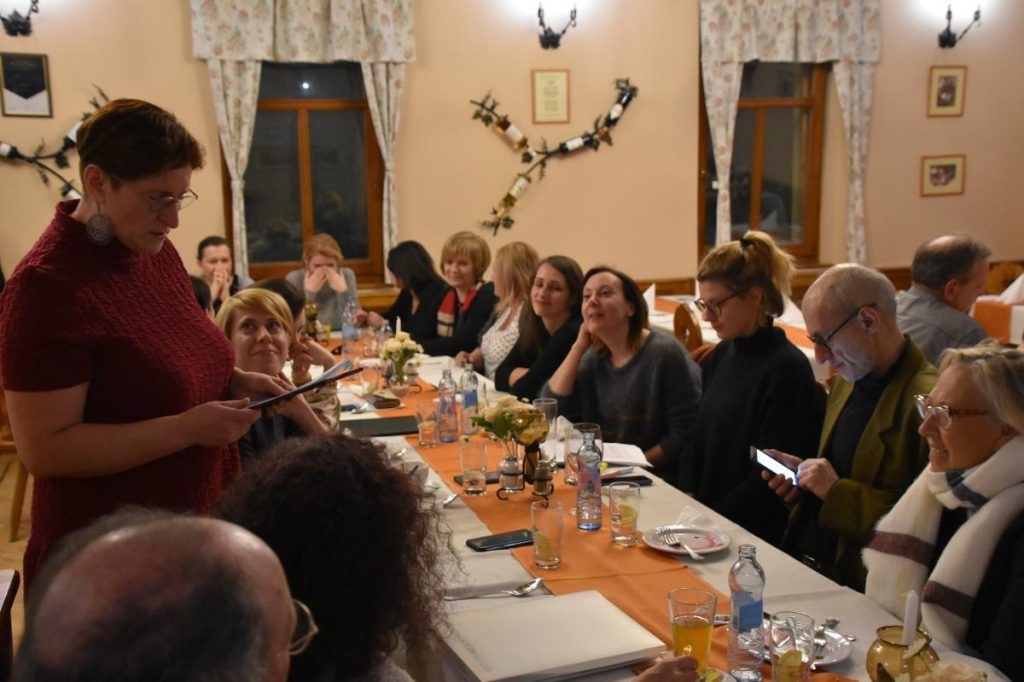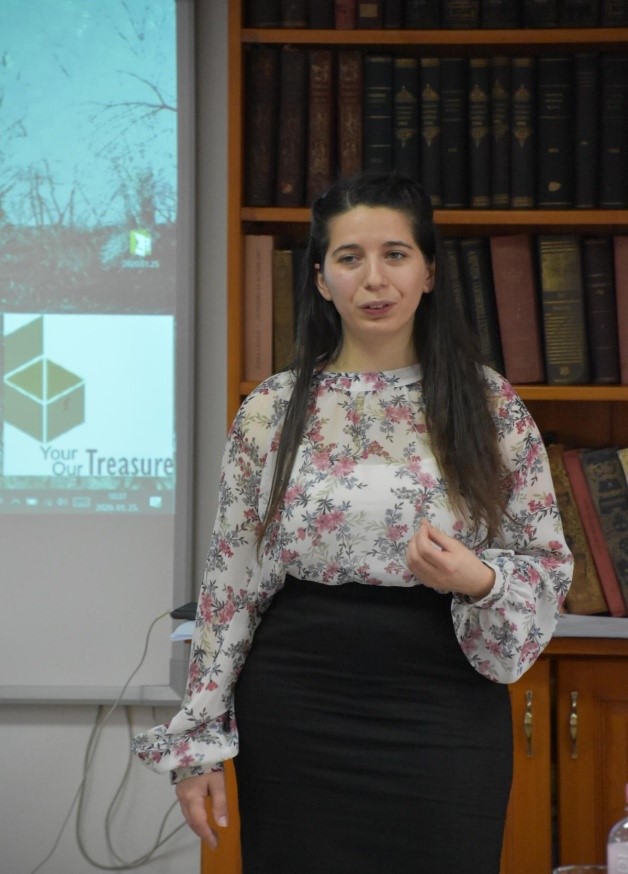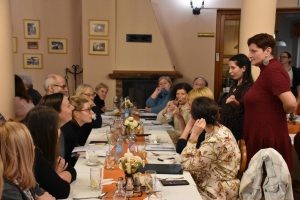

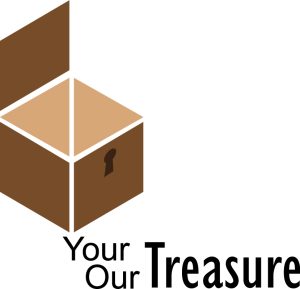
Erasmus+ 2019-1-HU01-KA204-061105
The “population ageing process”, characterised by an increase in the age of the population and a decrease in the number of children born is a common phenomenon throughout Europe. The most affected area on the continent is Southern Europe, which is hit hard by the migration of young people. Our partners have been chosen from this area. In recent years, more and more young Hungarians have left small towns in the countryside for larger cities or migrated abroad looking for job opportunities, which have exacerbated problems such as the accelerated aging of the population. So far Hungary has responded very slowly to this process. Thus reflecting on and addressing the issue has become an urgent duty of our cultural institutions and our partner institutions.
The Main aims of our project are:
– To prepare the participating institutions for working with and engaging the elderly in a structured and conscious way
– To acquire effective methods of discovering, raising awareness of and transmitting the values of older generations
– To develop and expand the competences of our cultural professionals to enable them to: – engage with the elderly,
– To motivate the elderly to take advantage of non
– Formal learning opportunities
– To apply the methods of experiential learning Long term goals:
– To develop a new strategy for collaborating with older people
– To develop an own method that reaches the elderly in general not only those with greater cultural interest
The organizations would like to implement an exchange of good practice that allows Hungarian partners to draw on the experiences and methodological knowledge of foreign professionals and prepare their employees for the work in the field of teaching the elderly. During the exchange, we are primarily interested in non-formal learning methods, which enable the members of the target group to learn more about themselves, and to engage in active recreation and enjoy themselves. In our work with older people the object is regarded as a tool (and a common language), awakens the memory which is the transferring material that helps to bring the hidden values to the surface. The members of this age group possess various kinds of cultural treasures, the existence of which most of them are not aware of. Through the present project, we wish to raise the awareness of the elderly that the experience and knowledge they carry has great cultural value, to identify these values, to organize them in a system and to present and explain them (e.g. in the form of exhibitions, virtual exhibitions) to the community and the future generations. Digital technique is an important tool in achieving our goals, which will be introduced to the participants during the preparation for the joined exhibitions and the connecting events. The joint realization of exhibitions has a huge community-building power as during the process your treasure becomes our treasure.
Our Partners
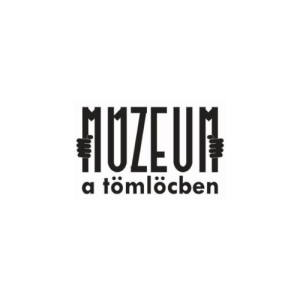
Kunszentmártoni Általános Művelődési Központ
The Cultural Centre of Kunszentmárton is a budgetary institute which undertakes multiple tasks. Parts of the institute are a museum, a library, a cultural centre and a kindergarten. Currently, in 9 buildings, 27 employees, 23 public employees and volunteers work to meet the demands of the local and surrounding area’s (Tiszazug subregion) residents.
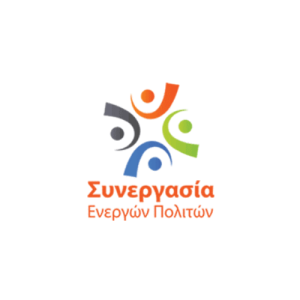
Active Citizens Partnership
Active Citizens Partnership es una ONG con sede en el noreste de Grecia y oficina en Atenas. Tiene una amplia experiencia en el diseño y apoyo de programas que abordan las necesidades sociales y de formación contemporáneas a nivel nacional y europeo. Con la ayuda del Estado y de la Unión Europea ha desarrollado medidas para prevenir y abordar los problemas sociales y ayudar a los grupos vulnerables.

Future Focus
Future Focus has been working on the topic of senior education for a number of years now. Basically, the elderly people organise story telling sessions and children from different schools listen to their stories. The stories are then written and compiled into a book which language teachers use to teach English or any other language in which the stories are written.
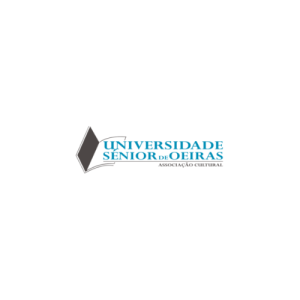
Universidade Sénior de Oeiras
USO is a non-formal education institution with a major role in the community, created in 1994, open to all people in the county, over 55 years of age, from the most varied social backgrounds and levels of education
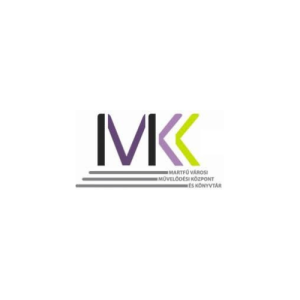
Martfu Városi Muvelodési Kozpont és Konyvtár
The Martfu city Cultural Center and Library is a complex cultural institution, which is responsible for the rich cultural life of the citizens of Martfű. Equipped with great infrastructure and located in an imposing building, operates the library, along with a local- and industrial history collection, a cinema and the office of the local news media.

Mezoturi Kozmuvelodesi es Sport Kozhasznu Nonprofit Kft.
The Mezőtúr Cultural and Sport Public Benefit Nonprofit Ltd. was founded by the Municipality of Mezőtúr in 2009. The company has 22 employees including altogether 8 graduates in the field of public education, community development and public collection.
GRANADA: A CITY FULL OF TREASURES
Read our last project meeting’s FLIPBOOK!!!
WE HAVE CELEBRATED OUR LTT IN OERIAS. (PORTUGAL) from 21st to 25th February
The aim of this LTT was to know the good training practices used by the seniors of the SENIORS UNIVERSITY OF OEIRAS in their work with adults.
We have carried out activities aimed at learning the good training practices of the University.
On the evening of the 21st we started with a welcome reception, where all the countries brought something typical of their country to taste and we attended a small recital of Portuguese music and ended with a photo game, where the aim was to recognize the different members of the meeting.
On the 22nd we had a great meeting at the Senior University of Oeiras. The activity of this day was based on exposing different stories and memories, of their lives as children, of the different participants from the participating countries, bringing objects of those memories: most of them were about children’s games such as: marbles, string game, hopscotch, the string game, the nail, the ball, doll; there were also handicrafts; another was about a religious pendant; others more current, the Lego and the bicycle. The contributions were very satisfying, and in away we identified with many of the exhibits. After a break, we were treated to a short recital of Alentejo songs. The morning ended with a biographical film of Paula Rego, as an introduction to the next day’s visit to her museum.
On Wednesday 23rd, visit to Paula Rego’s museum, including an audiovisual, and two activities: the first one, some members had to paint others for a short period of time, it was very successful and the second one was to experience a certain technique that Paula had used in her paintings. Lunch was in the museum itself. Afterwards, we went to the Poets’ Park, where in front of the corresponding poet statue their verses were read, as an exercise in poetic literature.
The next day, Thursday 24th, we visited the fort Sâo Juliâo, during this visit, we had to take external and internal pictures of the fort, selecting what had caught our attention, giving them a title and expressing that feeling in the activity, which would be carried out, afterwards.
Thanks to our Portuguese partners for teaching us so much!!!
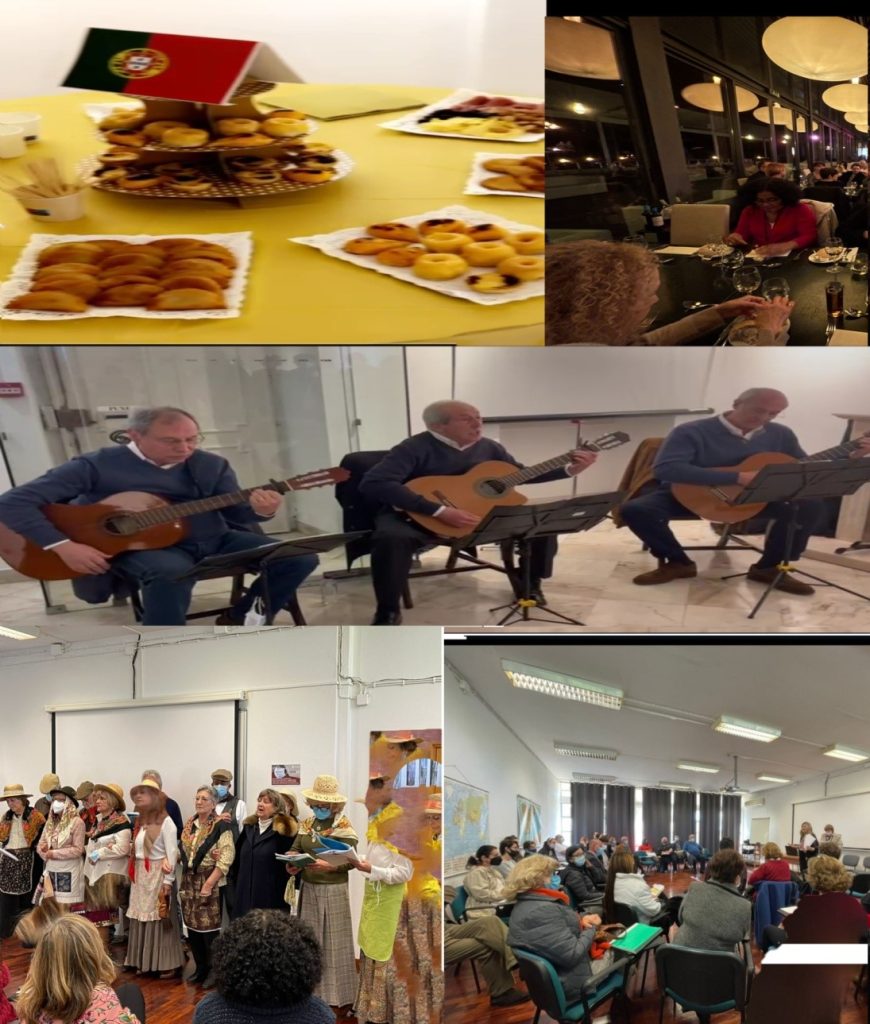
We are on board!!! Transnational project meeting (TPM) Kunszentmárton, Hungary January 24-26, 2020
23 enthusiastic dedicated partners have come together from seven different institutions of five European countries, to start working closely together, to share our experiences and good practices over the next 20 months.
After a day full of traveling from several corner of Europe, our first meeting was organized in Cserkeszőlő in Jász-Nagykun-Szolnok County. After a cheerful dinner, Gabriella Pusztai, the Director of the General Education Center, the leader of the Hungarian consortium gave her welcome speech, but in a really special way! Her welcome words were spoken in the partners’ mother tongue as well as in English, so, in a total of six European languages: Spanish, Greek, Portuguese, Italian, and last but not least, Hungarian; by this to establish a familiar cross-border relationship that will accompany our months spending together.
The second day of the TPM was continued in the conference room of the Local History Museum in Kunszentmárton. After the opening speech of the mayor of Kunszentmárton, Attila Wenner-Várkonyi, we started the day with a warm-up program: with the help of Ferenc Mucsi potter master we painted a plate! The refreshing plate painting and icebreaking game brought our international team closer to each other, so we could start the more serious part of our mission.
Henceforward, Zsolt Pusztai, the director of the Túri Fazekas Museum in Mezőtúr, talked about the memory itself as the central idea of the project and our further goals. He underlined also, that in contrast to the museum programs mainly dealing with the elderly people with dementia, we place more emphasis on preventing dementia and preserving the psychological and mental well-being of the target group.
The presentation was taken over by Csilla Habi, coordinator of the Kunszentmárton Local History Museum, who gave general information about the obligations and tasks affecting all participants.
23 enthusiastic dedicated partners have come together from seven different institutions of five European countries, to start working closely together, to share our experiences and good practices over the next 20 months.
After a day full of traveling from several corner of Europe, our first meeting was organized in Cserkeszőlő in Jász-Nagykun-Szolnok County. After a cheerful dinner, Gabriella Pusztai, the Director of the General Education Center, the leader of the Hungarian consortium gave her welcome speech, but in a really special way! Her welcome words were spoken in the partners’ mother tongue as well as in English, so, in a total of six European languages: Spanish, Greek, Portuguese, Italian, and last but not least, Hungarian; by this to establish a familiar cross-border relationship that will accompany our months spending together.
The second day of the TPM was continued in the conference room of the Local History Museum in Kunszentmárton. After the opening speech of the mayor of Kunszentmárton, Attila Wenner-Várkonyi, we started the day with a warm-up program: with the help of Ferenc Mucsi potter master we painted a plate! The refreshing plate painting and icebreaking game brought our international team closer to each other, so we could start the more serious part of our mission.
Henceforward, Zsolt Pusztai, the director of the Túri Fazekas Museum in Mezőtúr, talked about the memory itself as the central idea of the project and our further goals. He underlined also, that in contrast to the museum programs mainly dealing with the elderly people with dementia, we place more emphasis on preventing dementia and preserving the psychological and mental well-being of the target group.
The presentation was taken over by Csilla Habi, coordinator of the Kunszentmárton Local History Museum, who gave general information about the obligations and tasks affecting all participants.
